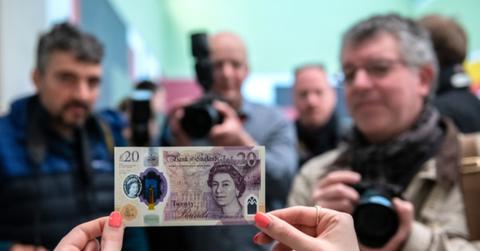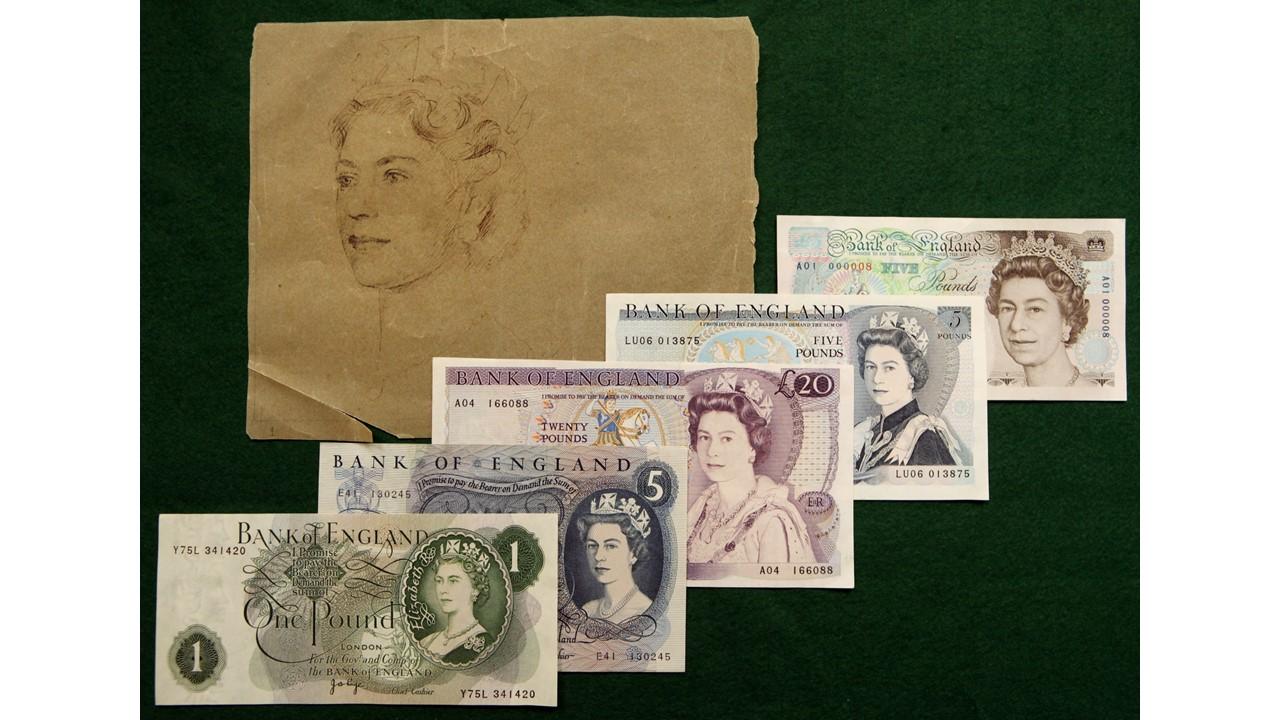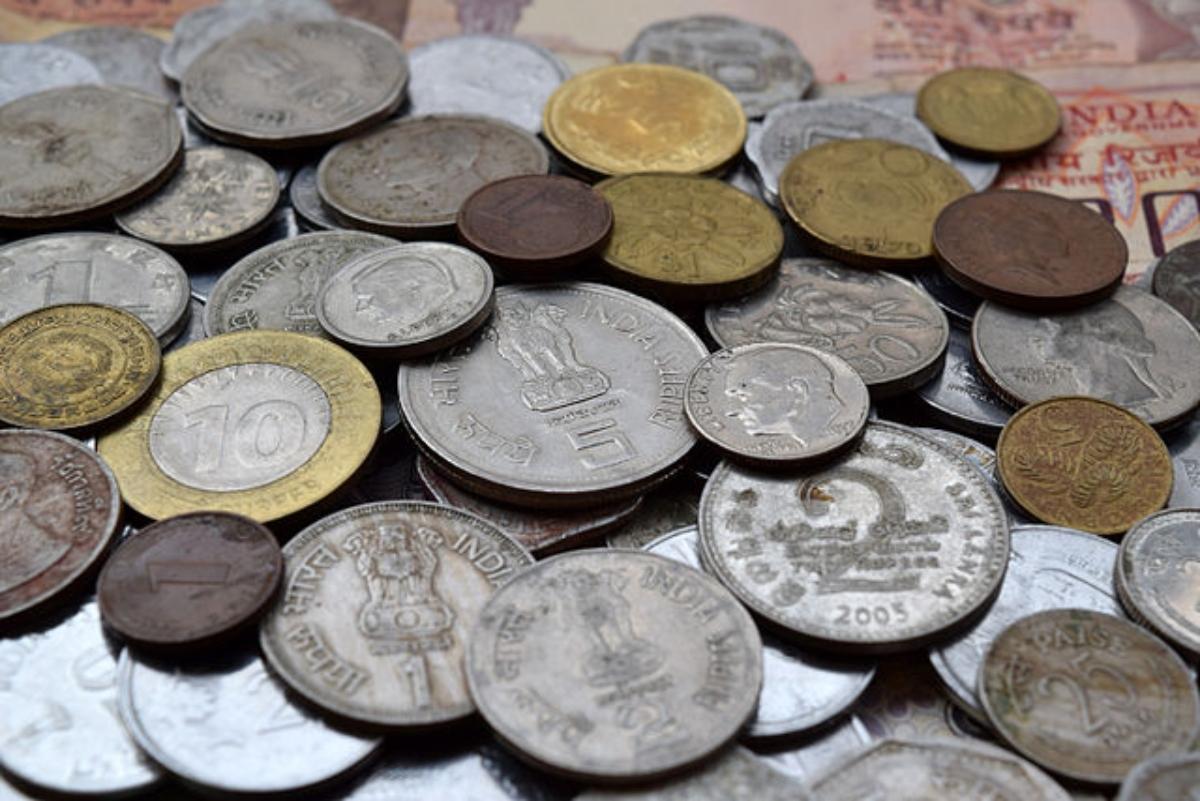Old Bank Notes Might Be Worth More Than You Think — Always Check the Value
Are old bank notes worth anything? If a government phases out the use of certain bank notes or coins, how can consumers find out the value of their discontinued money?
Sept. 28 2022, Published 1:23 p.m. ET

As governments change out former bank notes or remove them from circulation, it’s likely that some people will find themselves with extra old forms of money. For example, following Queen Elizabeth II’s death, money and stamps featuring her portrait will gradually be phased out in the U.K. Are old bank notes worth anything?
The value of money, once it’s no longer in circulation as a form of legal tender in its native country, can vary quite a bit.
According to Enoch Pratt Free Library, the value of old money (either coins or bills) depends mainly on rarity, demand, and condition the money is in.
The value of old bank notes and coins can differ from their face value.
The value of a coin or bill can vary greatly from its face value. If a coin or bill is extremely rare, it could fetch a higher price. If there’s a strong demand for a certain bank note, that would also drive up the value. And of course, as with any collectible, the better the condition of the money, the more worth it has.

For example, in the U.S., the Dr. Sally Ride quarter could be worth well above $0.25. Certain state quarters’ values can be much higher than the face value, such as the Delaware Spitting Horse state quarter.
There are several ways to define the “value” of money. It has a book value — the average price a dealer would pay for it. The “buy” price is the price one dealer would be willing to pay. Retail value is the price a dealer might sell a coin or bill to someone for (likely higher than the buy price in order to make a profit).
The wholesale price refers to a dealer-to-dealer price. This can also be a discount offered to someone buying in large quantities.
Is the U.K. still using money with Queen Elizabeth II’s likeness?
The Bank of England announced on Sept. 23 that it was the final week to use old paper banknotes as a form of legal payment. After September 30, 2022, the bank is ending the legal tender status of its £20 and £50 paper notes.
Paper notes aren’t the same thing as polymer bank notes, though. The bank indicated that the polymer notes, even those with the Queen’s portrait, are still legal to use as tender. The use of English money and coins with the queen's likeness will be phased out eventually, giving the public time to mourn the monarch’s passing.
There are still about 250 million individual banknotes in the amount of £20 in circulation, noted the Bank of England, along with 110 million paper £50 banknotes.
Here’s how the Post Office is involved in handling old bank notes.
As the Bank of England stated, the old paper bank notes aren’t worthless. They just can’t be used at places of business to pay for goods and services. However, holders of those bills can deposit them into their account at their bank or Post Office.
A new service being provided to citizens of the U.K. is the ability to exchange certain paper bank notes for the newer polymer notes at some branches (though not all) of the Post Office. People can also exchange the withdrawn bank notes with the Bank of England.


